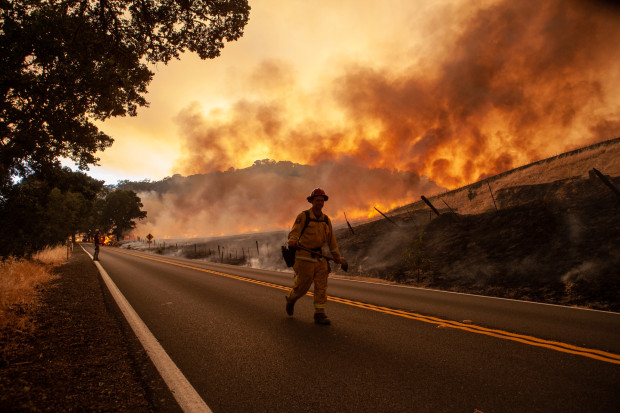Five Groups Fighting For Climate Change
Five Groups Fighting For Climate Change
The 5 organization who steadily fights in the front line for climate change
1. 350.org
350.org is building the global grassroots climate movement that can hold our leaders accountable to science and justice.350 uses online campaigns, grassroots organizing, and mass public actions to oppose new coal, oil and gas projects, take money out of the companies that are heating up the planet, and build 100% clean energy solutions that work for all. 350's network extends to 188 countries.
In the Keystone fight, 350.org has partnered with a number of local organizations in the path of the pipeline across North America, including Bold Nebraska, Tar Sands Blockade, the Indigenous Environmental Network, Idle No More and the Hip Hop Caucus. 350.org takes its name from what climate scientists say is the safe concentration of carbon dioxide in the atmosphere — 350 parts per million (ppm).
Founded by legendary conservationist John Muir in 1892, the Sierra Club is now the nation's largest and most influential grassroots environmental organization -- with three million members and supporters. Our successes range from protecting millions of acres of wilderness to helping pass the Clean Air Act, Clean Water Act, and Endangered Species Act. More recently, we've made history by leading the charge to move away from the dirty fossil fuels that cause climate disruption and toward a clean energy economy.
Founded in 1971, Greenpeace’s initial advocacy work focused on its opposition to nuclear testing. In 1985, the French Secret Service famously bombed a Greenpeace ship moored in Auckland, New Zealand, on its way to protest French nuclear testing in Moruroa Atoll.Greenpeace is a global, independent campaigning organization that uses peaceful protest and creative communication to expose global environmental problems and promote solutions that are essential to a green and peaceful future.
"Idle No More calls on all people to join in a peaceful revolution, to honour Indigenous sovereignty, and to protect the land and water".Idle No More, a group of mostly Canadian Native North Americans, when Canada’s conservative prime minister Stephen Harper pushed a law, known as C-45, through parliament that rolled back both environmental protections and indigenous peoples’ sovereignty in order to make the country’s tar sands, and the crude oil that could be extracted from them, more easily exploitable. Resource extraction projects, like the tar sands, often hurt North America’s indigenous populations disproportionately.
The Union of Concerned Scientists was founded during the height of the Vietnam war during a teach-in at MIT to protest the US government’s militarization of science. Initially, the group was concerned with nuclear proliferation and energy issues, but over time has shifted its focus to sustainability. Today, the majority of the UCS’s areas of advocacy focus on climate change.They can ensure that decisions about our health, safety, and environment are based on the best available science.








Comments
Post a Comment